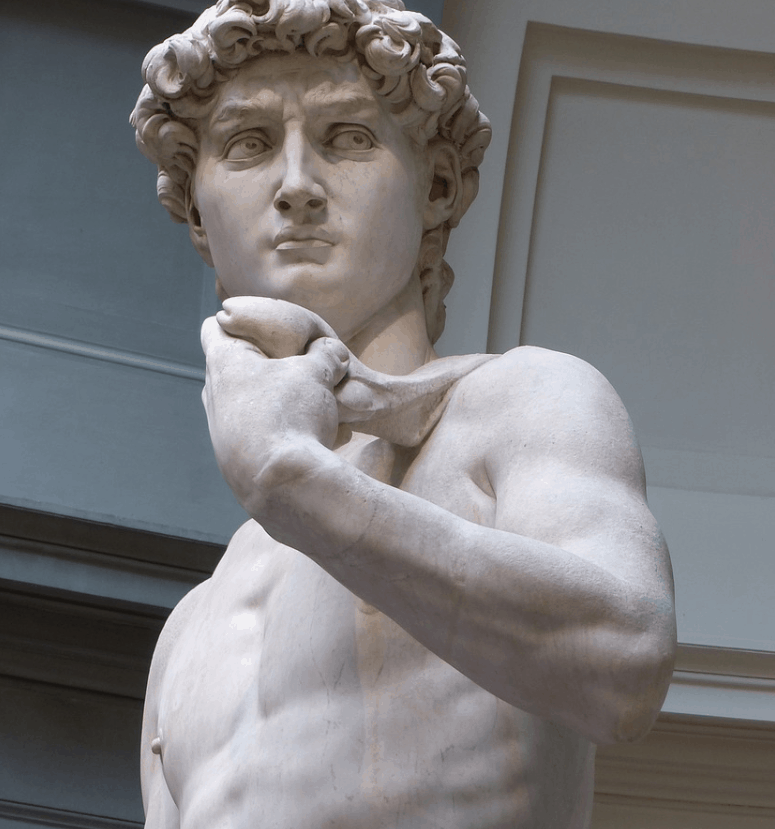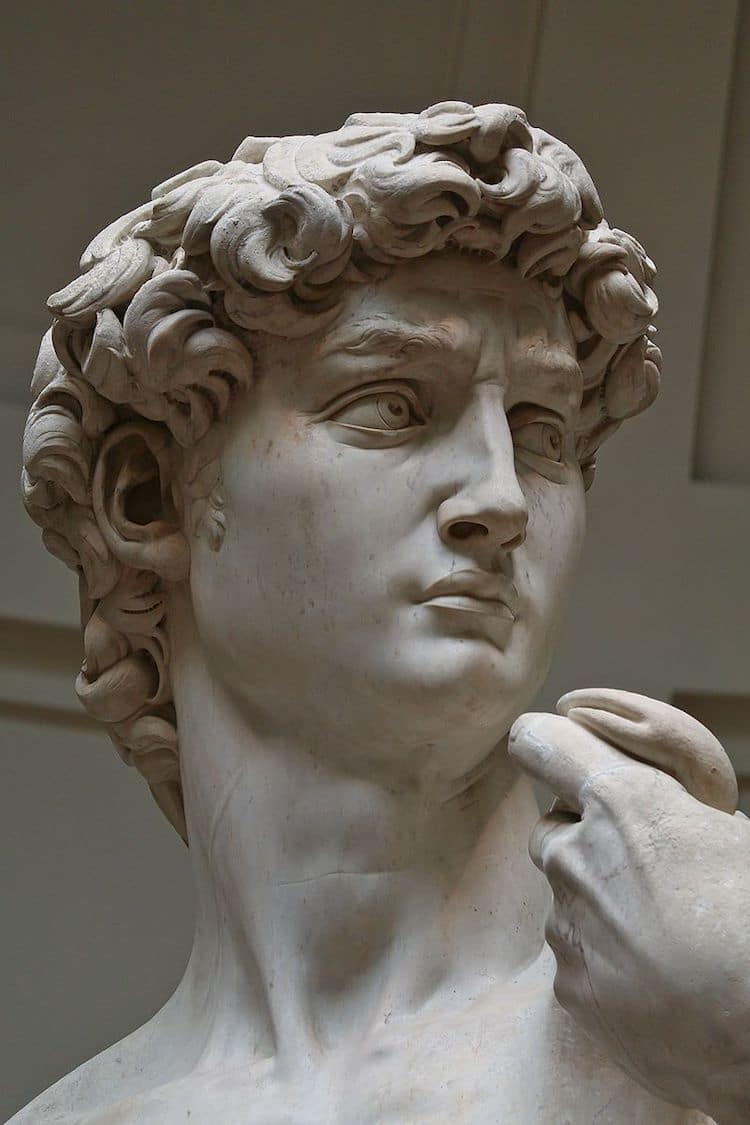When you think about storytelling that really gets you thinking, that stays with you long after the credits roll, one name that often comes to mind is David Chase. He's the sort of person who has truly shaped how we look at television, pushing what was possible for a long-form drama. His work has a way of feeling incredibly real, making you feel like you are right there with the characters, living their ups and downs. It's quite a special gift, that, to make something so impactful.
His creative touch has given us some truly memorable shows, productions that many folks still talk about and revisit, even years later. He has a knack for showing us the messy parts of being human, the parts we sometimes try to keep hidden. This way of looking at things, it makes his stories feel very honest, like a true look at people trying to figure out their lives. You might say his creations are a mirror, in a way, showing us bits of ourselves and the people around us.
So, what exactly goes into making these sorts of lasting stories? How does someone craft tales that hold such a grip on our attention and emotions? We're going to take a closer look at the mind behind some television that changed the game, exploring his methods and the unique elements that make his contributions stand out. It’s a chance to appreciate the careful thought and artistic choices that go into building worlds that feel so genuine, almost tangible.
Table of Contents
- Who is David Chase?
- Early Life and Influences
- Personal Details and Bio Data
- What Makes David Chase's Stories So Engaging?
- Crafting Complex Characters: David Chase Style
- How Does David Chase Shape Narrative?
- The Art of the Ambiguous Ending: David Chase's Signature
- Where Do We See David Chase's Legacy?
Who is David Chase?
David Chase is a person widely known for his creative work in television, especially for shaping stories that truly resonate with people. He has a way of looking at the world and turning those observations into compelling tales that feel quite real. Born in Mount Vernon, New York, he spent a good part of his younger years in New Jersey, which later became a significant backdrop for his most famous work. You know, sometimes where you grow up really sticks with you and influences what you create, and that seems to be the case for him.
Early Life and Influences
His path into the world of television wasn't exactly a straight line, which is pretty common for many creative people, actually. Before making his big mark, he worked on various television projects, honing his abilities as a writer and a producer. These earlier experiences, like working on shows such as "The Rockford Files" and "Northern Exposure," were like building blocks, giving him the chance to learn the ins and outs of making a show. It's almost as if he was gathering all these different pieces of a puzzle, preparing for something much bigger down the line. He picked up quite a bit about how to tell a story that keeps people hooked.
He studied film at New York University and later at Stanford University, which probably gave him a strong grounding in the mechanics of visual storytelling. But beyond the classroom, his personal observations of life, family dynamics, and the human condition seem to be the true wellspring for his creative output. He has often spoken about how his own family experiences, in some respects, gave him plenty of material to work with. This personal touch is, arguably, what makes his stories feel so genuine and relatable to so many different folks watching.
- Helena Bonham Carter Dating History
- Madtv Stuart
- Jb Mauney Neck
- Ross Butler Naked
- Easy Emily Ratajkowski
Personal Details and Bio Data
Here's a quick look at some personal information about David Chase:
| Full Name | David Chase |
| Born | August 22, 1945 |
| Birthplace | Mount Vernon, New York, U.S. |
| Occupation | Writer, Director, Producer |
| Notable Work | Creator of The Sopranos |
What Makes David Chase's Stories So Engaging?
When you watch something David Chase has put together, there's a certain pull to it, a feeling that you are watching real people with real problems. This is, you know, a huge part of why his stories stick with us. He doesn't shy away from showing the messy bits of life, the moments of confusion, the times when people just can't seem to get on the same page. It's like he understands that people are not just one thing, but a mix of many different things, some good, some not so good, and he shows all of it.
One of the true strengths of his writing is how he builds his characters. They are not simply good guys or bad guys; they are full of contradictions, just like people in the actual world. You might find yourself rooting for someone one moment and then feeling quite a bit frustrated with them the next. This way of presenting characters, with all their quirks and flaws, makes them feel incredibly alive. It's this deep attention to what makes people tick that allows viewers to connect with them on a very personal level, almost as if they know these individuals.
Crafting Complex Characters: David Chase Style
David Chase has a particular knack for creating characters who feel like they could walk right off the screen and into your living room. He spends a lot of effort showing their inner thoughts, their worries, and their hidden desires. For example, he often explores how people deal with their own feelings, sometimes in ways that are not so helpful, or how they try to make sense of the world around them. This deep look at a person's inner workings is, in some respects, what makes his figures so memorable and, honestly, quite compelling.
He seems to understand that a person's outside actions don't always match what's going on inside their head. You see characters struggling with who they want to be versus who they actually are, or the roles they feel forced to play. This kind of inner struggle is something many people can relate to, making his characters feel very human. It's a bit like watching someone try to solve a puzzle, but the pieces keep changing shape, and you are right there with them, trying to figure it out, too.
How Does David Chase Shape Narrative?
The way David Chase puts a story together is quite distinctive. He doesn't always follow the usual rules of how a story should go, which is part of what makes his work so interesting. Instead of always having clear beginnings, middles, and ends for every plot point, he often lets things play out in a more flowing, lifelike manner. This means that sometimes questions are left unanswered, or situations don't get a neat resolution, much like how things tend to be in actual life, you know.
He's a master at building tension and creating a sense of unease, even when nothing particularly dramatic is happening. This is often achieved through the atmosphere he creates, the quiet moments, and the way characters interact, or sometimes, fail to interact. It’s almost as if he’s inviting you to lean in closer, to pay attention to the small details, because those small details often carry a lot of weight. This approach keeps you on the edge of your seat, wondering what might happen next, or what something really means, which is pretty clever.
The Art of the Ambiguous Ending: David Chase's Signature
Perhaps one of the most talked-about aspects of David Chase's storytelling is his fondness for endings that don't spell everything out for the viewer. Instead of giving you a tidy package with a bow on top, he often leaves things open to interpretation, letting you decide what happens next. This can be, honestly, a bit frustrating for some people who like clear answers, but for many others, it's a mark of true artistry. It gets people talking, thinking, and debating, long after the screen goes dark.
This method of finishing a story respects the intelligence of the audience, allowing them to participate in the storytelling process by filling in the blanks themselves. It suggests that life doesn't always provide neat conclusions, and that some questions are meant to linger. It's a bold choice, certainly, but one that has solidified his standing as a creative person who isn't afraid to challenge expectations. This approach, in a way, mirrors how life can be, where things don't always wrap up perfectly, and that's okay.
Where Do We See David Chase's Legacy?
The mark David Chase has left on television is, quite frankly, quite significant. Before his biggest hit, the idea of a television show having the same depth, artistic merit, and lasting impact as a feature film was not nearly as common. He helped to change that perception, showing that television could be a place for complex narratives and deep character studies, not just light entertainment. His work, you know, sort of opened the door for many other creators to tell more ambitious stories on the small screen.
You can see his influence in many of the high-quality dramas that have come out since his major productions. Shows now often aim for a similar level of realism, character complexity, and narrative sophistication. The idea that a television series could be a long, unfolding novel, with many chapters and intricate details, owes a good deal to his pioneering spirit. He showed that audiences were ready for stories that challenged them, that made them think, and that didn't always offer easy answers, which is pretty cool.
His contributions have truly shifted what we expect from television, making it a place where some of the most compelling and thought-provoking stories are now told. He helped to reshape the expectations for what a television program could be, moving it from something often seen as lesser to a form of art that stands on its own. This lasting impact is, quite simply, a testament to his unique vision and his unwavering commitment to telling stories that matter, stories that stick with you for a long, long time.
A Final Look: This article has explored David Chase's background, his unique approach to crafting engaging stories with complex characters, and his distinctive way of shaping narratives, including his famous use of ambiguous endings. We also looked at the lasting impact his work has had on the landscape of television drama, showing how he helped to elevate the medium to new heights of artistic expression and storytelling depth.
- Is Jeffrey Epstein Related To Theo Epstein
- Why Did Machine Gun Kelly Switch Genres
- Whos Sabrina Carpenters Sister
- Gulf Shores Homes
- Foodnetworkcomthe Kitchen
:max_bytes(150000):strip_icc()/David_SM_Maggiore-5797d2fb5f9b58461f588fdb.jpg)


